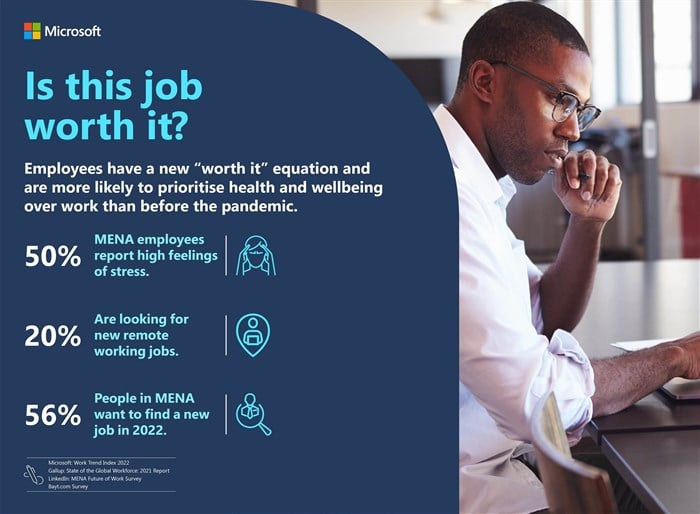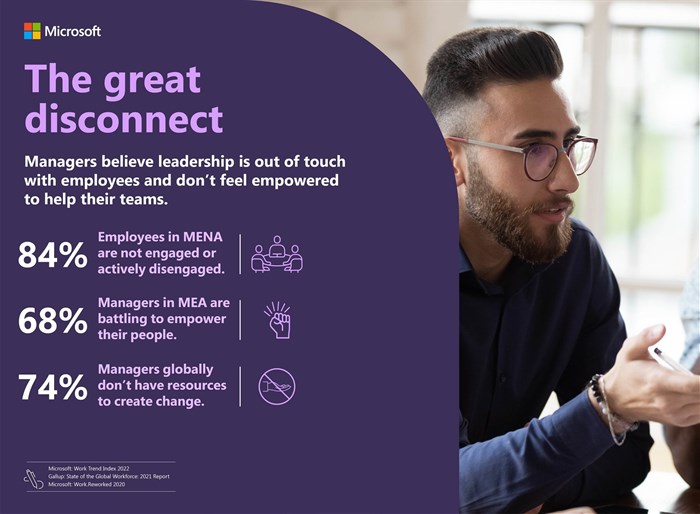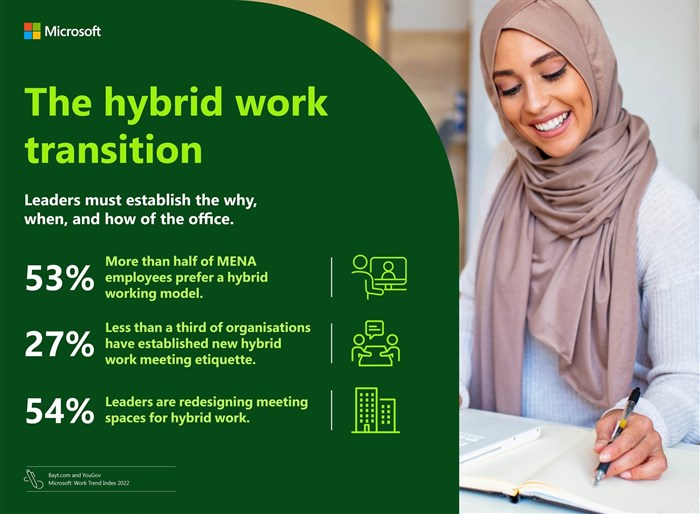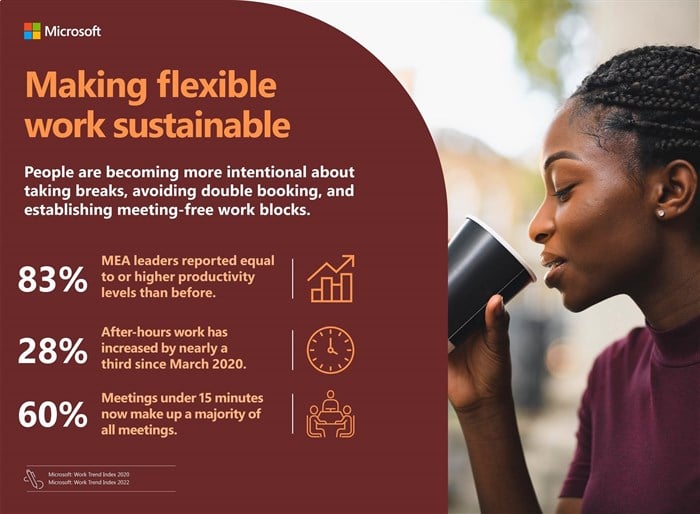
Top stories






More news
















Logistics & Transport
Uganda plans new rail link to Tanzania for mineral export boost










South Africa is at a long-awaited inflection point: the lived experience of hybrid work. To help local organisations navigate this era of uncertainty, the Work Trend Index combines insights from studies of thousands of people, trillions of productivity signals in Microsoft 365 and labour trends on LinkedIn.
“We’re simply not the same people that went home to work in early 2020. Employees in South Africa are rethinking what they want from work and voting with their feet when these new expectations aren’t met. The challenge ahead for every organisation is to adapt to changing employee priorities while still balancing business outcomes in an unpredictable economy,” says Colin Erasmus, director of Modern Workplace and Security at Microsoft South Africa.
The Index uncovers four urgent trends business leaders in South Africa need to know in 2022.
Perhaps one of the most valuable insights from the Index is that employees have a new “worth it equation” and are more likely to prioritise health and well-being over work than before the pandemic. This is particularly the case in South Africa, which forms part of a region where 50% of employees report high feelings of daily stress.

It’s also clear employees are acting on this newfound priority to achieve a better work-life balance. In fact, more than half of employees in the broader Middle East and North Africa region say they are prioritising a new job in 2022.
Managers feel wedged between leadership and employee expectations. They believe leadership is out of touch with employees and don’t feel empowered to help their teams. Employees agree, with around 84% of workers across the broader region saying they are not engaged.

Managers can help provide a bridge between evolving employee expectations and leadership priorities, but, according to the Work Trend Index, most lack the influence and resources to make changes on behalf of their team. In fact, almost 70% of managers in the Middle East and Africa say they are battling to empower their people.
Forward-thinking companies like Old Mutual in South Africa have begun drawing on tools such as Microsoft Viva to better equip managers. The company has been on an intentional journey, building an environment that truly cares for employees. A key step in this journey was providing managers with insight into the ways people are working. Viva helped them achieve exactly that, enabling managers to identify key patterns, better understand their teams and create the best possible working experiences for them.
While most employees in South Africa favour the idea of a hybrid working model, the Work Trend Index shows people are generally unsure of when to come into the office and why. Many employees also feel the commute is unnecessary and would rather spend valuable time with family.

It means leaders are faced with a key challenge - making the office worth the commute. The Index reveals, however, that few companies globally have created new team norms, such as hybrid work meeting etiquette, to ensure time together is intentional. The biggest opportunity for business leaders is to reimagine the role of the office and create clarity around why, when, and how often teams should gather in person.
Though employees prize their newfound flexibility, there’s still a need to combat digital exhaustion. Leaders across the broader region report equal to or higher productivity levels than before the pandemic, but this has taken a toll on employee work-life balance.

For the average Teams user, meetings, chat, workday span, and after-hours and weekend work have all risen over the past two years. In fact, since February 2020, the average Teams user saw a 252% increase in their weekly meeting time.
If leaders want to offer employees true flexibility, they must shift focus from activities to impact. Views of productivity are changing and according to the Work Trend Index, most employees feel it’s important for employers to reward impact over hours worked.
“Businesses have an opportunity and responsibility to engage the shift to hybrid with a growth mindset. The best leaders will create a culture that embraces flexibility and prioritises employee well-being—understanding that this is a competitive advantage to build a thriving organisation and drive long-term growth,” concludes Erasmus.